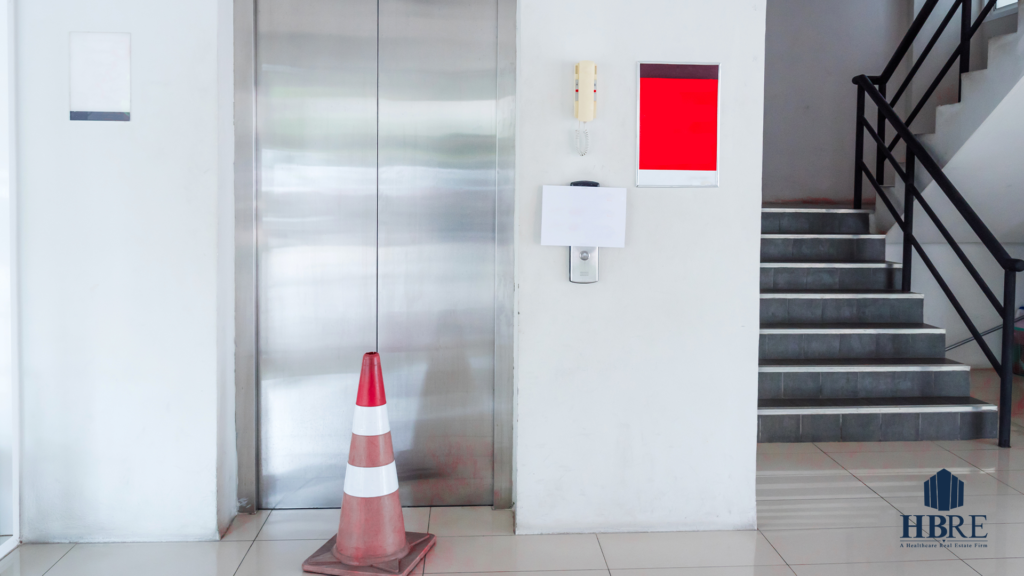In February 2021, record-setting cold weather caused the Texas power grid to fail to supply energy to many hospitals across a wide area of the state. With Covid-19 still peaking, the weather-related issues pushed many hospital facilities to the brink. Although hospitals ran the generators at max capacity for electricity, the lack of water proved to be one of their biggest challenges yet.
Many of the important hospital facility machines are unusable without water. Dialysis machines, for example, rely on water, and the lack of water can slow the sterilization of surgical equipment. Additionally, the most basic, vital need of hand-washing is essentially impossible without water. Many of the affected facilities in Texas hired water tankers or hauled in water to fill tanks from local fire departments to get by.
Hospital Response
In response to the crisis, hospitals hard-hit by power outages and water-supply issues moved their most vulnerable patients to other locations and took steps to conserve resources. Staffers felt the impact, too. On top of dangerous travel conditions, many of these individuals ended up staying at their medical facility all week due to their homes having no heat or water. Newly discharged patients at Houston Methodist Hospital who had no power or water at home were offered a place to wait before they could travel home or to a hotel with water and electricity.
Emergency Planning in Hospital Facilities
The winter storm in Texas tested hospital emergency response plans. These plans are critical to a hospital’s ability to provide uninterrupted patient care. And there is no doubt that hospitals across the country need to prepare for worst-case scenarios.
Safety within the hospital setting has been a key concern for many years. It has even been a consideration in medical facility design trends. Whether a stand-alone facility or part of a larger system, every hospital needs to develop plans and take steps to respond to its community’s needs in a time of crisis.
Legislations
Hospitals have a legal obligation to prepare for disasters. There is specific legislation in place for medical practices that participate in Medicare or Medicaid services. Healthcare centers have to consider the safety of both patients and their staff, and they should review and/or update their safety plans every two years. Some of the basic needs include:
- Maintaining the right amount of food, water, and medical supplies
- Acquiring back-up energy sources to ensure appropriate lighting, temperatures, and fire extinguishing capabilities
- Considering alternative methods of waste disposal
Records/Administrative Plans
Thankfully, if a hospital maintains internet access, technology allows health systems to easily maintain health records remotely. But hospitals need to ensure they can implement appropriate record-keeping methods if they lose electricity and/or internet access. They should also consider how to document patient locations if they have to move patients to an alternate site.
Medical Real Estate Planning
From significant natural disasters to individual business issues, many situations can impact health practices. And while we can’t see the future, there are still ways we can plan for the unexpected. One of those ways is to ensure each medical group and health system has the right support system in place for their real estate.
Collectively, HBRE offers years of experience and has now walked through a pandemic with medical tenants and landlords. They have the foresight and insight into lease details that help both sides communicate and negotiate for the best possible deals. While difficult world events and catastrophes will continue to impact the future, the HBRE team can provide peace of mind so that the medical professionals don’t have to worry about their real estate needs. Medical groups should ensure that in the event of an emergency, their real estate is in the best possible hands.
If you are interested in learning more about investing in commercial real estate, or if you have questions about buying, selling, or leasing a commercial property, please contact an HBRE advisor. Our team of experienced CRE professionals have the skills and insight to assist with all property transactions. To reach out to us directly, email [email protected] or call 615-564-4133.




